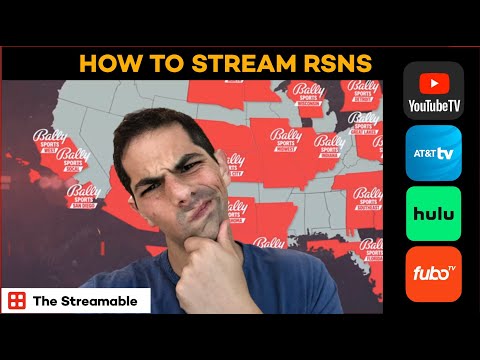How Does Sports Betting Affect the Economy?
Contents
A close look at how sports betting affects the economy, with examples of both positive and negative outcomes.
Checkout this video:
How does sports betting affect the economy?
The economic impact of sports betting is far-reaching. Not only does it generate revenue for the government through taxes, but it also creates jobs and boosts the economy. It has been estimated that the legal sports betting industry in the United States is worth around $250 billion. This figure is expected to grow as more states legalize sports betting.
The main way that sports betting affects the economy is through taxation. Governments impose taxes on all forms of gambling, including sports betting. This revenue can be used to fund public services or to reduce the deficit. Sports betting also generates jobs. Americans who bet on sports create jobs for bookmakers, casino workers, and other support staff. These jobs have a ripple effect on the economy, as they create income that can be spent elsewhere.
Sports betting can also have a positive effect on businesses that are unrelated to gambling. For example, if a city hosts a major sporting event, such as the Super Bowl, there will be an influx of visitors who will spend money at hotels, restaurants, and shops. This boost to the local economy can be significant and long-lasting.
While there are many positive ways in which sports betting affects the economy, there are some negative impacts too. One of these is problem gambling. This can lead to people losing their homes, their families, and their jobs. It is estimated that around 3% of Americans suffer from some form of gambling addiction. While this figure may seem small, it represents millions of people who could suffer financial ruin because of their dependence on gambling.
Another negative impact of sports betting is crime. There have been cases of match fixing, point shaving, and other forms of corruption in sport. This can discourage people from participating in sports or watching them on television. It can also lead to distrust in the fairness of sporting competitions.
Overall, sports betting has both positive and negative effects on the economy. While it does generate revenue for governments and create jobs, it also has the potential to cause problem gambling and crime
What are the benefits of sports betting?
Sports betting can have a number of positive impacts on the economy. For one, it can generate additional revenue for sports leagues, clubs, and teams. This is because bettors are often willing to wager more money on games that they are passionate about. In addition, sports betting can create jobs for people who work in the industry, such as bookmakers, odds makers, and other support staff. Finally, sports betting can promote economic development by attracting visitors and tourists to a city or region.
What are the risks of sports betting?
There are a number of risks associated with sports betting, but the most significant one is the risk of addiction. problem gambling can lead to a number of negative consequences, including financial ruin, relationship problems, and mental health issues. If you or someone you know has a gambling problem, there are a number of resources available to help.
What are the economic impacts of sports betting?
The economic impacts of sports betting are both direct and indirect. The direct impact is the result of the increased spending by sports bettors on activities related to betting, such as buying tickets to sporting events, purchasing equipment, and paying for subscription services. The indirect impact is the result of the increased spending by businesses that cater to sports bettors, such as restaurants, bars, and hotels.
Both the direct and indirect impacts of sports betting can be positive or negative. For example, if a sports bettor spends more money on tickets to watch their favorite team play, that is a positive direct impact. However, if a sports bettor spends less money on other entertainment activities because they are spending more on betting, that is a negative indirect impact.
The net effect of sports betting on the economy is positive if the total amount spent by bettors and businesses exceeds the amount lost by non-bettors. However, if the total amount lost by non-bettors exceeds the amount spent by bettors and businesses, then the net effect of sports betting is negative.
How does sports betting impact the tourism industry?
Sports betting can have a positive impact on the tourism industry. When people bet on sporting events, they often travel to the city where the event is taking place. This can increase tourism and generate revenue for the city. Additionally, sports betting can create jobs in the tourism industry, as well as in the sports industry itself.






